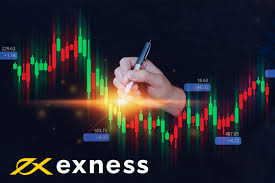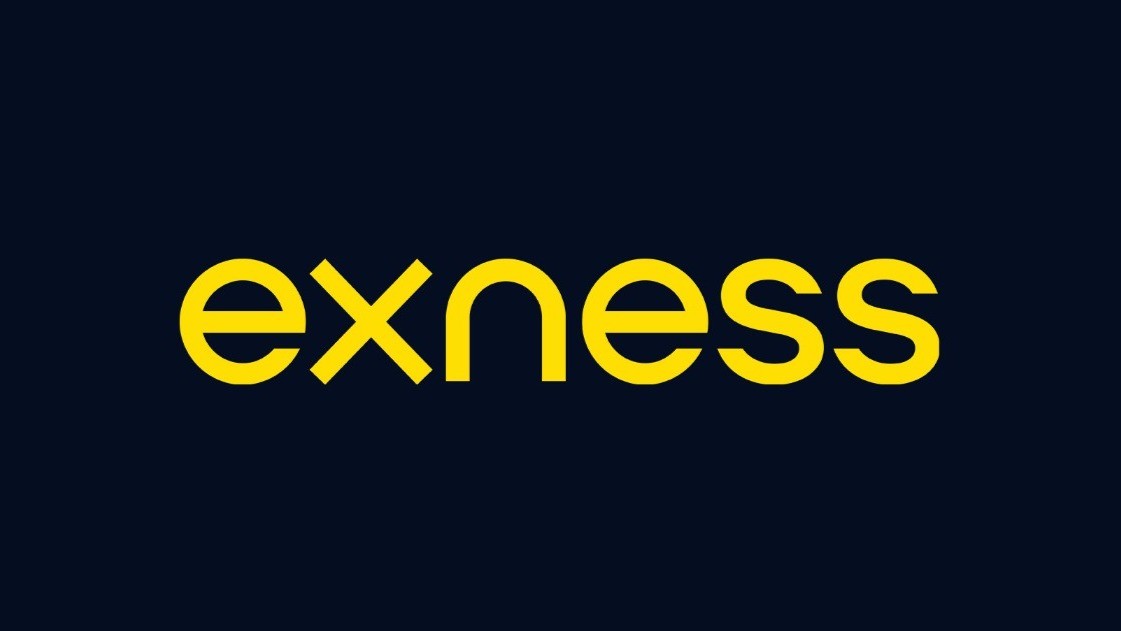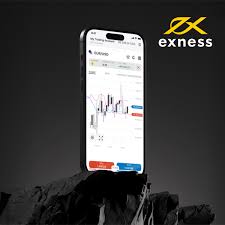
Understanding Exness Deposit Rate
When it comes to trading, one of the most critical aspects that traders need to understand is the deposit rate offered by their trading platform. For users of Exness, a popular online trading platform, grasping the intricacies of the exness deposit rate Exness Indonesia can significantly impact trading success. This article delves into the fundamentals of Exness deposit rates, including what it means, how it affects trading strategies, and what you should consider before making a deposit.
What is Exness Deposit Rate?
The Exness deposit rate refers to the fees or conditions associated with depositing funds into your trading account. This rate can vary depending on various factors, including the method of deposit and the currency used. Understanding these details is crucial for traders looking to optimize their investments and manage their trading expenses effectively. It’s also important to keep in mind that Exness aims to provide a transparent and competitive trading environment, so it’s worthwhile to continually monitor their policies and any potential changes.
Types of Deposit Methods
Exness offers a variety of deposit methods to cater to different traders. Some of the most common methods include bank transfers, credit/debit cards, and e-wallets. Each method has its pros and cons regarding fees, processing times, and limitations. For example, bank transfers may take longer to process but can sometimes offer lower fees, while credit card deposits are generally processed almost instantaneously but may incur higher fees.

E-Wallets: Electronic wallets such as Skrill and Neteller are also supported, providing a convenient and quick way to fund your account. These methods typically allow for instant deposits, making them popular among traders looking for quick access to trading funds. However, it’s essential to check the fees associated with each method and ensure that they align with your trading strategy.
Understanding Deposit Fees
While many deposit methods are supported without any fees, certain methods may involve charges. For instance, deposits made via credit or debit cards may attract a percentage fee, while certain e-wallets might also charge depending on the region. Thus, understanding the specifics around deposit fees can help you to avoid unexpected expenses. Always check Exness’s latest updates on deposit fees to factor them into your budget.
The Importance of Currency Choice
Another factor that can affect your Exness deposit rate is the currency you choose to deposit. Exness supports multiple currencies, and while some currencies allow for fee-free deposits, others may incur additional charges. Additionally, exchanging currencies can result in further fees, so it’s strategically beneficial to deposit funds in the currency you plan to trade. This reduces unnecessary conversion fees and helps maintain your trading budget.
Minimum Deposit Requirements

Different methods of deposit have varying minimum deposit requirements. As a trader, it’s essential to know the minimum amount you need to deposit before beginning your trading journey. For example, while certain accounts may allow you to open with just a tiny minimum deposit, others, especially for advanced trading options, may require a more significant initial investment. Knowing these requirements can help you plan your finances accordingly.
Withdrawal Process and Its Relationship to Deposits
Understanding the withdrawal process is just as crucial as understanding the deposit process. The method you use to deposit may influence how you should plan your withdrawals. Ideally, withdrawals are processed using the same method as the deposit made. Thus, choosing a deposit method that aligns with your future withdrawal needs can prevent complications and speed up the process when you’re ready to access your profits.
Strategies for Effective Deposit Management
To maximize your trading capital and effectively manage your Exness deposit rate, traders should consider several strategies:
- Research and Compare: Before choosing a deposit method, research the various options available, comparing fees, processing speeds, and safety. Select the one that works best for your trading style and needs.
- Timing Your Deposits: If you know when you are going to need funds, plan your deposits strategically to avoid unnecessary fees or delays.
- Use Demo Accounts: Consider using Exness’s demo accounts to practice trading strategies without needing to deposit money immediately. This can give you time to decide on the best deposit method for your needs.
In Conclusion
Understanding the Exness deposit rate is crucial for any trader navigating the world of online trading. By familiarizing yourself with the deposit methods, potential fees, and strategies for effective management, you can create a more robust trading plan and enhance your financial outcomes. Always stay updated with Exness’s policy changes to ensure you make informed decisions. With the right preparation and knowledge, you can turn your deposit into a valuable asset within your trading portfolio.

